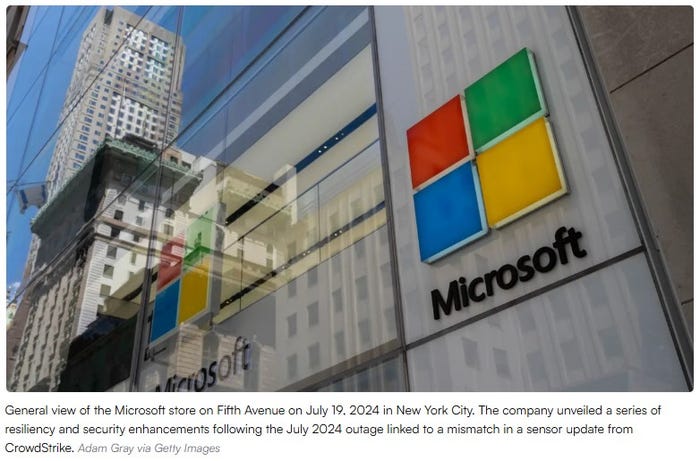Motorola Solutions purchases Futurecom Systems Group

Motorola Solutions yesterday announced the acquisition of Futurecom Systems Group, a Canada-based firm that designs and manufactures in-vehicle, fixed and portable radio-frequency (RF) repeaters and extenders exclusively for Motorola Solutions’ ASTRO P25 systems, according to a Motorola Solutions official.
Chris Lonnett, vice president of Central Region sales for Motorola Solutions’ North American government unit, said he does not believe that the purchase of Futurecom will result in any significant changes for Motorola Solutions customers.
“We’ve been working with Futurecom for 30 years—in fact, we were their exclusive partner,” Lonnett said during an interview with IWCE’s Urgent Communications. “Futurecom products have always only been sold by Motorola—as part of our sales team, with theirs—really exclusively for our customers.
“So, there’s really not much changing, other than the fact that Futurecom folks will actually be family now [within Motorola Solutions], instead of acting like family. In fact, a couple of customer have said, ‘Well, I thought that [Futurecom] was already part of Motorola.’”
Based in Ontario, Futurecom has about 70 employees, many of whom have close ties to Motorola Solutions, according to Lonnett.
“Our engineering teams have worked together for years,” he said. ��“In fact, a number of Futurecom folks—including the CEO—are former Motorolans. They have about 70 employees, but I think that they have well over 200 years of Motorola work experience amongst their employee base.”
Motorola Solutions has no plans to downsize the Futurecom operations, and Futurecom employees will be integrated into Motorola Solutions’ ASTRO products organization, Lonnett said.
Terms of the deal to by Futurecom were not disclosed.
Futurecom solutions are used by more than 800 agencies worldwide to extend the coverage footprint of P25 systems built by Motorola Solutions, with the vehicular repeaters being particularly popular among entities that have to operate in rural locations, Lonnett said.
“With a lot of these customers … a bulk of them are in more rural areas, where they’re looking for portable coverage in a system that maybe has been designed for mobile [coverage].” Lonnett said. “We think of it as a hot spot, where the vehicle has additional hardware that acts as a hot spot. So, the mobile radio is in coverage, but the portables are not. Effectively, the portable [radio signal] now just needs to get to the car, and the car then relays it into the network.
“This is the solution of choice for many, many customers, rather than putting in portable-coverage infrastructure on a statewide or provincewide basis.”
Scott Mottonen, Motorola Solutions’ senior vice president for products, echoed this sentiment.
“Radio communications are trusted as a lifeline by first responders, and over 800 agencies across the world depend on Futurecom products to remain reliably connected in the line of duty,” Mottonen,said in a prepared statement. “Futurecom is an important part of both our history and our future, and together, we will continue to innovate mission-critical communications for the public-safety agencies who trust our solutions to keep their first responders and communities safe.”
Futurecom President and CEO Paul Halinaty agreed.
“We couldn’t be more excited to join Motorola Solutions, a company with which we have collaborated and worked alongside for many years,” Halinaty said in a prepared statement. “We share a deep passion for designing and delivering solutions that help to ensure first responders have radio coverage when and where they need it.”
Buying Futurecom is the latest in a string of acquisitions that Motorola Solutions has made in recent years. However, most of those deals have involved companies focused on delivering 911, video, software and broadband solutions, while the Futurecom acquisition is focused on bolstering Motorola Solutions LMR offerings, Lonnett noted.
“We’re excited about our acquisitions—we’ve been very active in the software space and the video space,” Lonnett said. “I think our customers were happy to see us also continue to invest in the land-mobile-radio space, which is so fundamental to their operations and our business.”





